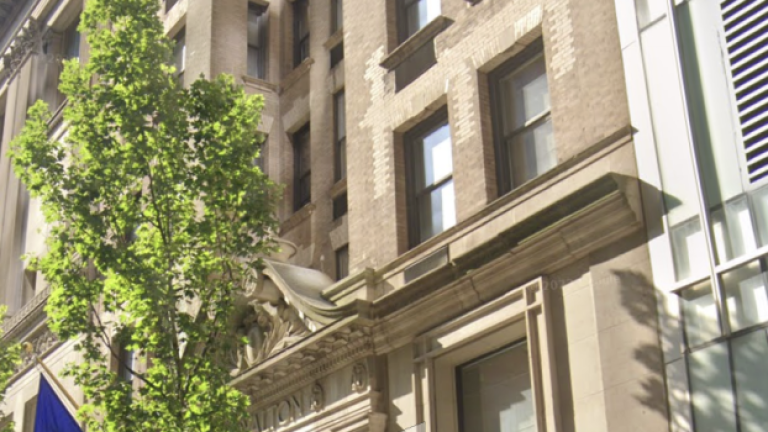Hotel Chain with NYC Leases Shakes Up Leadership as Lawsuits and Fines Mount
In a settlement with the city, LuxUrban Hotels agreed to pay $2.1 million for illegally operating rentals across Manhattan and Brooklyn

LuxUrban Hotels, an “asset-light” Miami-based hotel chain that leases buildings instead of buying them, is struggling to emerge from a flood of lawsuits accusing it of shady business practices and not paying its bills. Last month, the firm was slapped by a city-issued $1.2 million fine for operating 70 illegal short-term rentals across Manhattan and Brooklyn.
The rentals, spread across 67 apartments, reaped nearly $4 million for the company between 2019 and 2022. LuxUrban leased these units, advertised them on websites like Booking.com and Expedia, and subletted them to takers for a few days at a time so that the buildings operated as hotels in practice.
City attorneys said in the indictment that the rentals “caused serious safety risks for the transient occupants of those units, significant security risks in buildings not equipped to handle the security problems associated with transient occupancy, and a degradation in quality and comfort of the surrounding residents and neighbors.” Property owners are forbidden by city and state laws from renting out entire apartments for less than 30 days.
One day after the NYC settlement, LuxUrban Hotels founder Brian Ferdinand stepped down from his position as the firm’s co-CEO. Ferdinand said that his departure was the endpoint long-term handover of authority to co-CEO Shanoop Kothari, who is also CFO of the firm.
Kothari takes full reins in a dangerous time. LuxUrban began the year with 2,000 hotel rooms under lease across 18 properties, up from a few hundred 18 months ago, and anticipating aggressive growth that would put 12,000 rooms in LuxUrban’s portfolio by the end of the year. But these sanguine plans were stymied by a report from a report by Bleecker Street Capital, an investment management firm, that raised red flags over LuxUrban’s financial reporting practices and highlighted the numerous lawsuits filed against the hotel chain. LuxUrban’s stock is at $2.20 a share as of the end of last week, 50% less than the value before Bleecker Street Capital’s report.
“I see a company that seems to be not paying its vendors, suppliers, elevator repair people, its own employees, the rent,” Bleecker Street Capital founder Chris Dose told Bisnow. “That catches up to you just as a business... I don’t see it being run in the way that you would want an upstart new hotel chain to be running.”
Most of the lawsuits are centered on the accusation that LuxUrban announced a 25-year lease for The Royalton, a four-star, 168-floor hotel at 44 W. 44th Street in Midtown Manhattan, last November, before the deal was actually inked. LuxUrban listed the hotel as being “under lease” in an SEC filing, only to announce after the Bleecker Street Capital report that the deal had collapsed. The report claimed confirmation from the hotel owners that the deal had never been struck in the first place.
LuxUrban also allegedly jumped several other guns, including one concerning the 179-room Trinity Hotel in Los Angeles last May. According to Bisnow, Ferdinand said that LuxUrban had “fully executed a lease” but could not follow through on the deal when the hotel’s owner, the Chetrit Group, failed to make the necessary and agreed upon renovations.
Meanwhile, LuxUrban is struggling to calm down investors and re-stabilize both its finances and reputation. Last week, the company hired hotel experience-heavy Robert Arigo as its new COO.
“We’ve made mistakes. I’ve been the first to admit that. We’ll continue to make mistakes, but I really don’t care,” Kothari told investors in a Feb. 6 call. “I’m not a seller of the stock, I can’t. We’re going to execute, and look, it’s a potential opportunity to accumulate more, right? I mean, I’m not recommending ‘do it.’ Do what you think is right.”